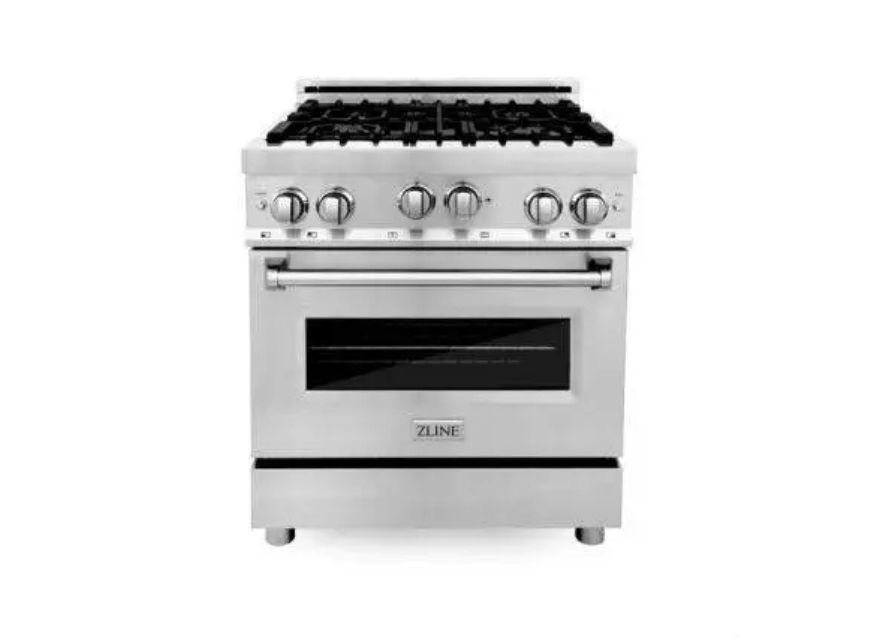
When searching for a home inspector, seek recommendations from friends, family, or real estate agents. Their positive experiences can lead you to a trustworthy inspector, ensuring you receive quality service and peace of mind.
Many companies provide 24/7 services and offer free online estimates before inspecting your property. You can easily schedule an appointment within 24 hours.
Purchasing a home is a major investment, so it’s essential to understand what you’re committing to.
A home inspection plays a critical role in this process. It can uncover potential problems that may lead to costly repairs in the future.
Selecting the right home inspector is just as important. Look for someone who is thorough, experienced, and trustworthy.
In this guide, we will share essential tips for selecting a home inspector and what to consider during a home inspection. Our goal is to empower you to make informed choices and safeguard your investment.

Understanding what is a Home Inspections
A home inspection is a thorough assessment of a property’s condition. It includes an unbiased visual examination of the structure, systems, and components.
Home inspections usually take place before purchasing a house, helping buyers identify any potential issues.
These inspections assess various aspects of the property, from the roof to the foundation. Inspectors typically evaluate key systems, including heating, ventilation, air conditioning (HVAC), and plumbing.
Grasping the details of an inspection can benefit both buyers and sellers. It promotes transparency in transactions and ensures that everyone is aligned.

What is a Home Inspection?
A home inspection is a detailed assessment of a house’s condition. It identifies potential issues that may not be immediately visible. A qualified inspector examines key areas, including electrical, plumbing, and structural systems. This evaluation offers a comprehensive understanding of the property’s overall health, enabling you to make informed decisions.

The Importance of Home Inspections
Home inspections play a vital role for many reasons. They uncover issues that might not be immediately apparent. Identifying problems early can lead to significant savings on expensive repairs. Inspections also offer peace of mind, reassuring buyers that they are making a wise investment. For sellers, a pre-listing inspection can highlight issues to resolve before listing the property.

What Does a Home Inspection Cover?
A home inspection involves a thorough visual assessment of the home’s systems and components. Inspectors evaluate the roof, foundation, and overall structure for stability. They also examine the electrical systems, plumbing, and heating and cooling systems to ensure they are functioning properly. Additionally, the inspection includes an assessment of interior features such as walls, floors, and ceilings. Each of these elements plays a crucial role in determining the home’s overall condition.

Essential Qualities of a Home Inspector
Choosing the right home inspector is crucial for a thorough evaluation. An effective inspector possesses a sharp eye for detail and a broad skill set. They should combine technical expertise with a logical mindset. Beyond their qualifications, a top-notch inspector prioritizes transparency and effective communication. They should be approachable and ready to answer your questions clearly.
Experience is another vital aspect. A knowledgeable inspector knows what to look for during a home inspection, identifying both minor and major issues that could affect a property’s value. Reliability and punctuality are equally important traits. A quality inspector will keep appointments and provide reports in a timely manner. Together, these qualities ensure that the inspector you choose enhances your home buying experience.

Qualifications and Certifications
When choosing a home inspector in British Columbia it’s essential to verify their certifications and licence issued by the Consumer Protection branch. A certified inspector typically follows industry standards and has successfully completed challenging exams from reputable organizations. These credentials reflect their ability to conduct comprehensive inspections. Additionally, a certified inspector remains updated on current building codes and practices, demonstrating a commitment to ongoing professional development. This dedication is a strong indicator of their quality and expertise.

Experience and Specialization
Experience plays a crucial role in the inspection industry. A skilled inspector is more likely to notice issues that a beginner might overlook. This expertise is gained through years of hands-on inspections and ongoing education. Additionally, specialized knowledge enhances an inspector’s value. Those with expertise in specific areas, such as mold or HVAC systems, can pinpoint problems in these niches, ensuring a thorough evaluation.

Reputation and Reviews
A home inspector’s reputation often carries more weight than their qualifications. To assess their reliability and thoroughness, check reviews from past clients. Positive testimonials typically reflect professionalism and customer satisfaction. Online review platforms and local forums provide valuable insights into an inspector’s standing. Consistent positive feedback usually indicates a trustworthy and detail-oriented professional. These reviews can help you select a reliable inspector.
Key Questions to Consider
Before hiring a home inspector, it’s important to ask the right questions to assess their capabilities. First, find out what areas they will inspect. Understanding the scope of the inspection ensures that all your concerns are addressed. Next, inquire about the tools and techniques they use. Advanced equipment can uncover hidden issues, providing you with a more thorough evaluation.
Ask about the inspection process from beginning to end to gain clarity. This will help set clear expectations for both you and the inspector. Additionally, it’s essential to understand how and when you will receive the inspection report. A well-organized and accessible report is vital for making informed decisions. By asking these questions upfront, you can select an inspector who aligns with your specific needs.
What Will Be Inspected?
Understanding what the inspector will evaluate is crucial. The inspection should focus on key systems and structural elements, including the roof, foundation, and HVAC system. Be sure to mention any specific concerns you may have. A comprehensive inspection will help you identify potential issues.
What Tools Do Inspectors Use?
Knowing the tools an inspector employs is essential for evaluating their thoroughness. Modern equipment, such as thermal imaging cameras, can uncover hidden issues, like moisture trapped within walls, that are not visible to the naked eye. Familiarity with these tools allows you to better understand the depth and accuracy of the inspection. Advanced technology typically leads to a more thorough assessment.
How to Deliver Reports Effectively
Timely and clear report delivery is essential for effective post-inspection planning. Inspectors should provide reports promptly, ideally in a digital format for easy access and sharing. A well-structured report should include findings, photographs, and actionable recommendations. Quick delivery of these reports facilitates timely decision-making regarding repairs or negotiations.
Home Inspection Checklist
A home inspection checklist is vital for a comprehensive evaluation. It ensures that no important aspects are missed. For both new homebuyers and sellers, understanding what will be inspected helps in preparation. A detailed checklist allows for better anticipation of potential negotiations. By using a checklist, the inspection process becomes more organized and systematic. It serves as a roadmap, helping both buyers and sellers know what to expect and address any issues proactively. Whether inspecting a house or a townhouse, these checklists are invaluable tools for minimizing uncertainty and stress.
Home Inspection Checklist Overview
A home inspection checklist outlines the key areas that a home inspector will assess. It includes structural elements, mechanical systems, and safety concerns. This checklist ensures that all critical areas are thoroughly examined, helping you identify which aspects require immediate attention.
Key Items in a House Inspection List
Common items on a house inspection list include the condition of the roof, drainage systems, and electrical panels. Inspectors also evaluate plumbing fixtures, HVAC systems, and the foundation’s stability. A thorough examination of interior walls, floors, and ceilings is essential. This detailed list guarantees a comprehensive inspection, ensuring that no important area is overlooked.
Considerations for Townhouse Inspections
When inspecting townhouses, special attention is needed for shared walls and common areas. Inspectors focus on identifying issues specific to multi-unit buildings. It’s crucial to assess insulation between units, shared plumbing systems, and the maintenance of exterior spaces. A tailored townhouse checklist addresses the unique dynamics and potential challenges of living in shared residential environments.
After the Inspection
Completing a home inspection is just the beginning of protecting your investment. Once you have the report, take the time to examine its details closely. A careful review allows you to evaluate the property’s condition and spot any potential issues. It’s important to distinguish between urgent problems and those that can be addressed later.
Reviewing the Findings
Analyzing the inspection results is a vital step in the process. Pay attention to major concerns, such as structural issues or safety risks. If you have questions about specific findings, don’t hesitate to reach out to the inspector for clarification. This analysis will help you identify necessary repairs and anticipate future expenses, enabling you to make informed decisions.
Negotiating Repairs with Sellers
With your inspection report in hand, you can confidently negotiate with the sellers. Concentrate on significant repairs that impact safety or the home’s value. Consider options like lowering the purchase price or asking the seller to complete repairs before closing. Effective negotiation helps you avoid unexpected costs after the sale.
Choosing the Right Inspector in Your Area
Selecting the right home inspector greatly enhances the quality of your inspection. Begin by researching local inspectors with strong credentials and positive reviews. In areas like Surrey or Vancouver, reputation matters. Choose professionals who are knowledgeable about local building codes and standards. A qualified inspector will provide you with a comprehensive report on your potential new home.


